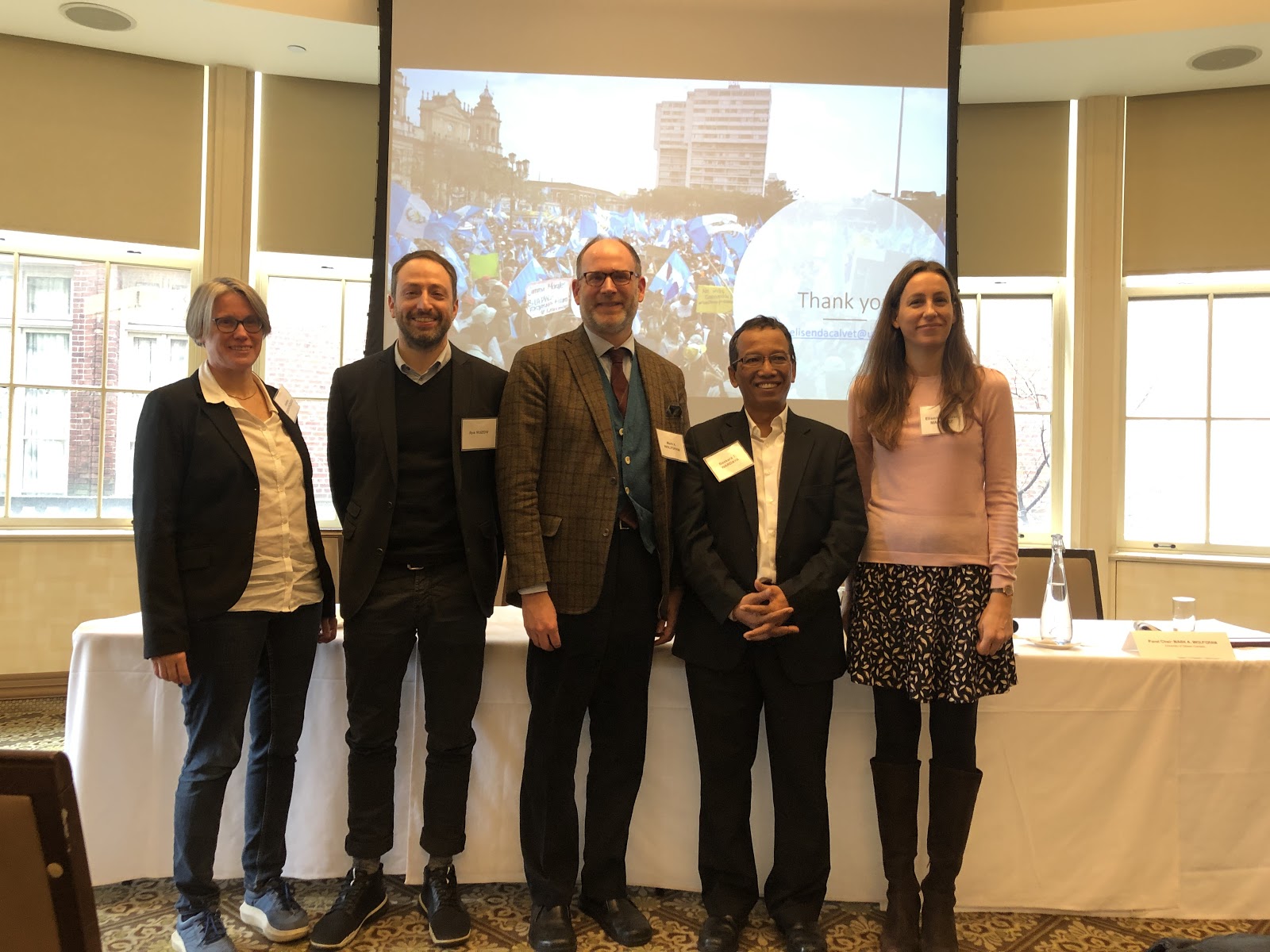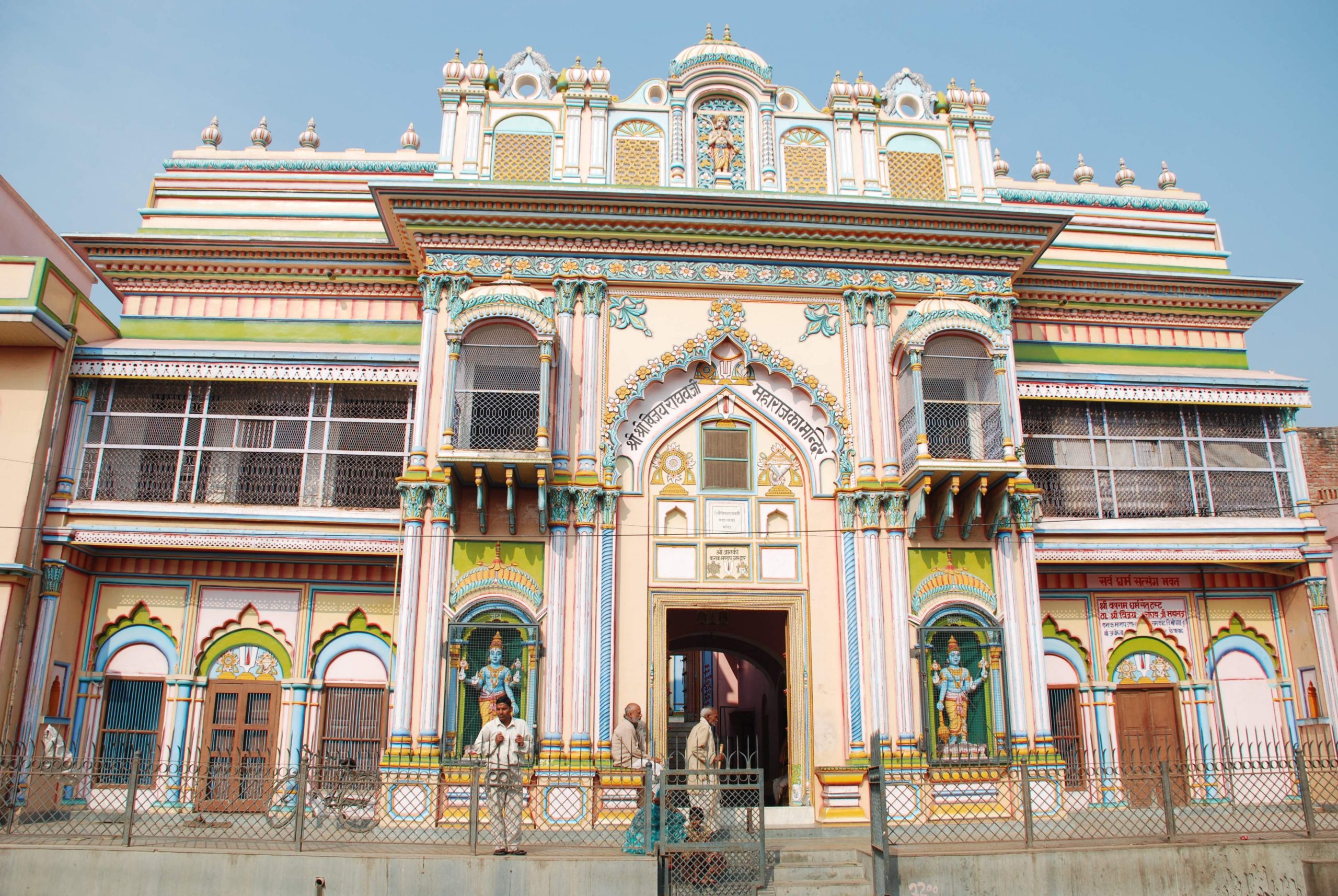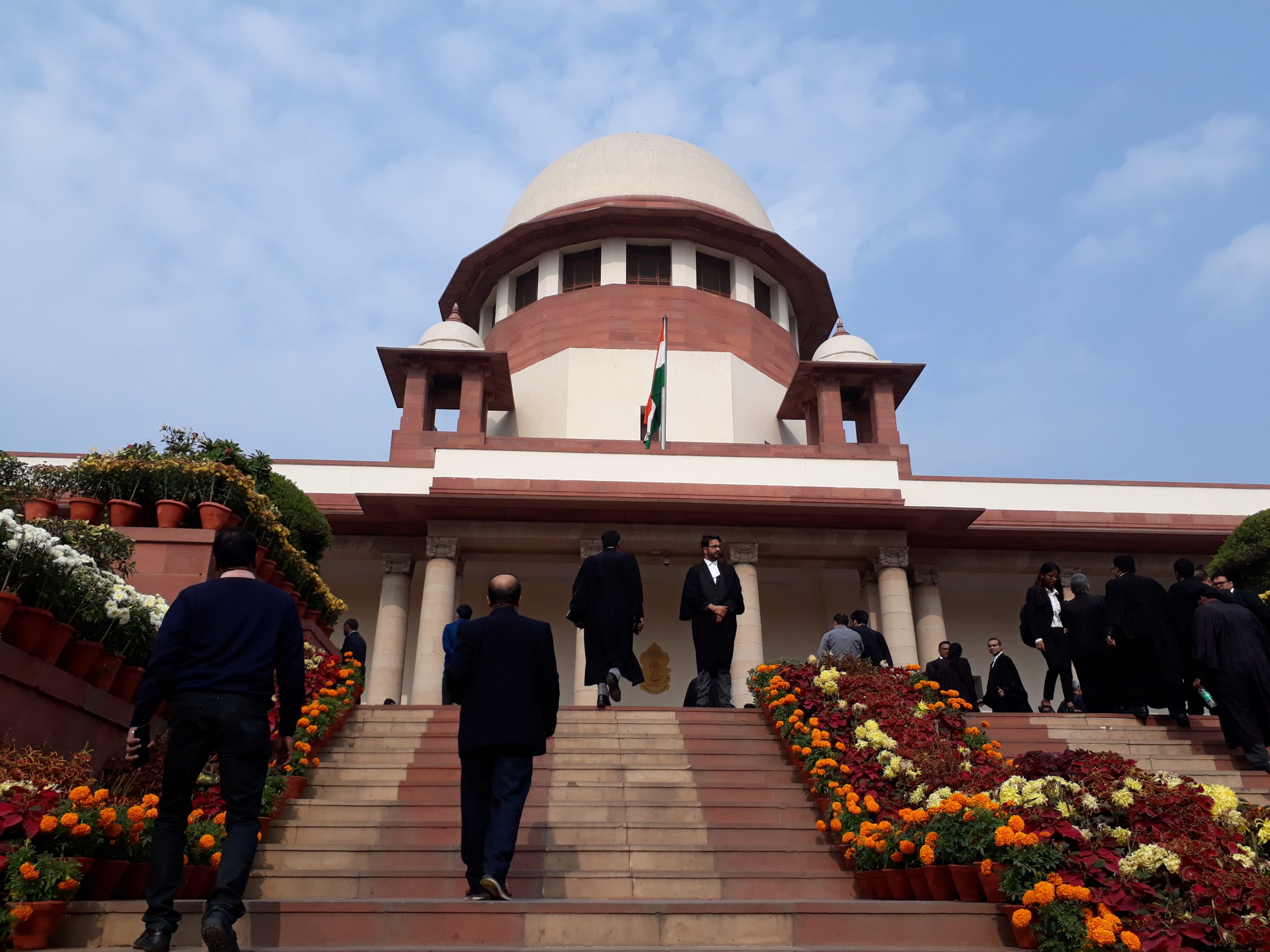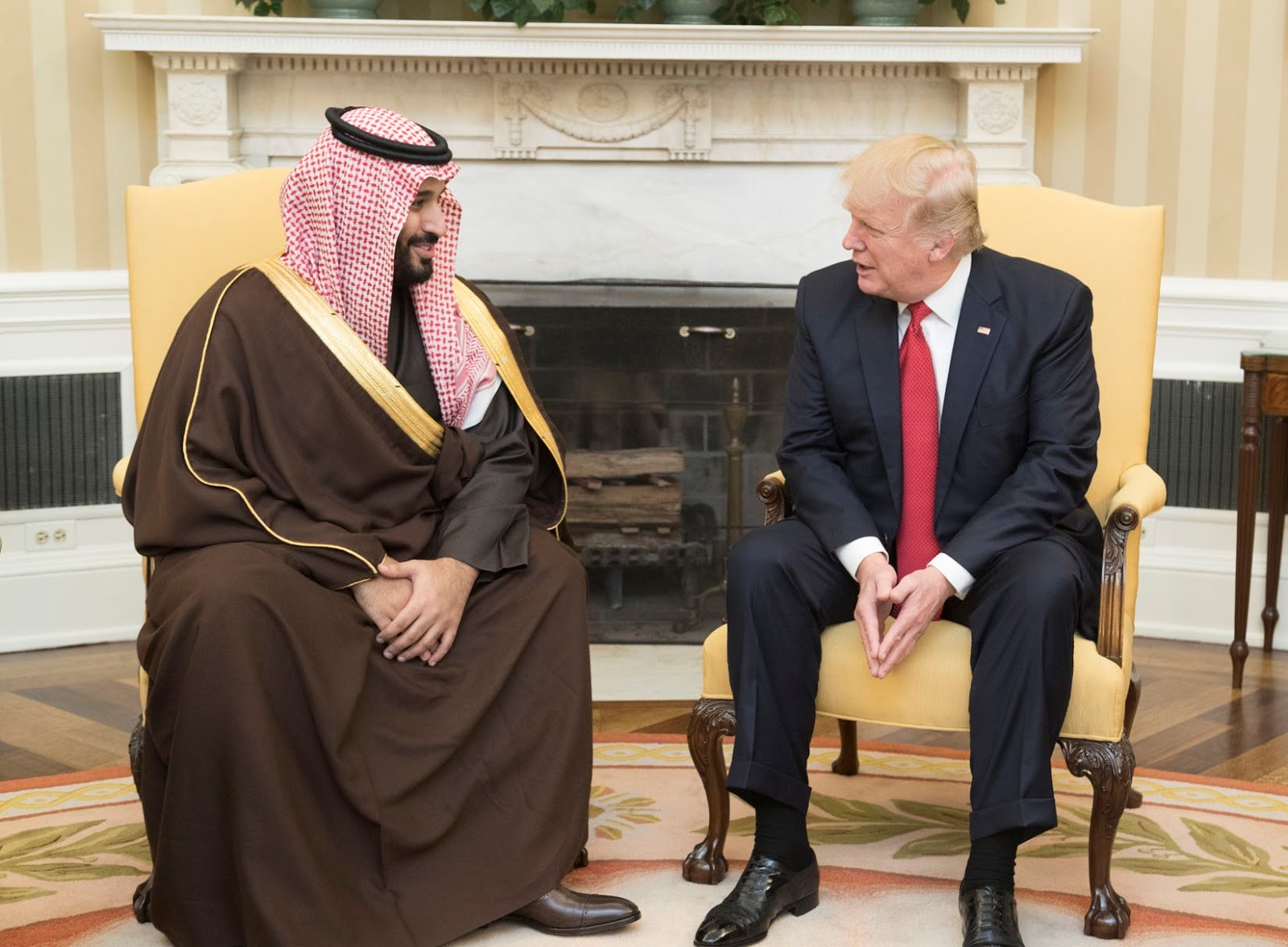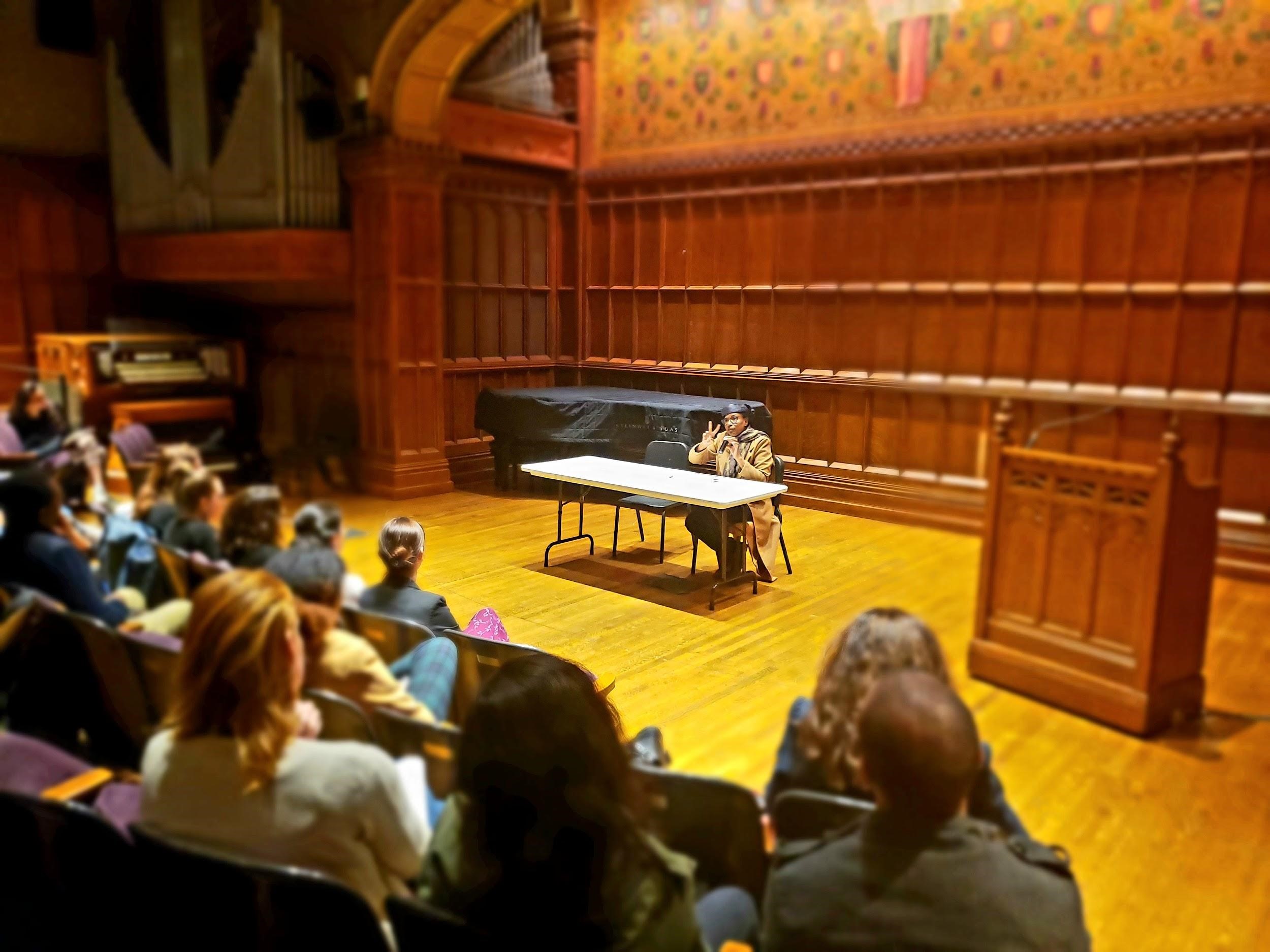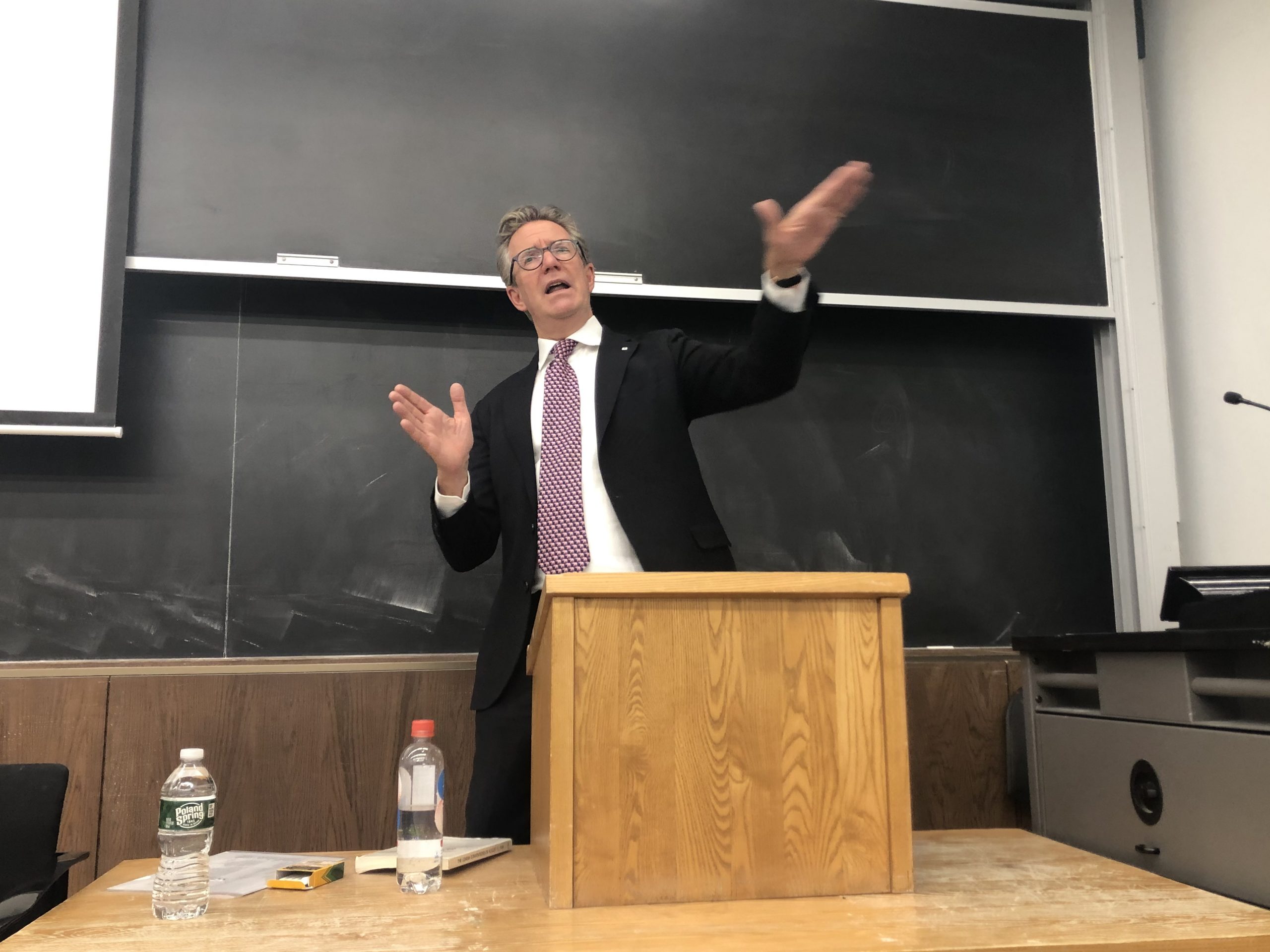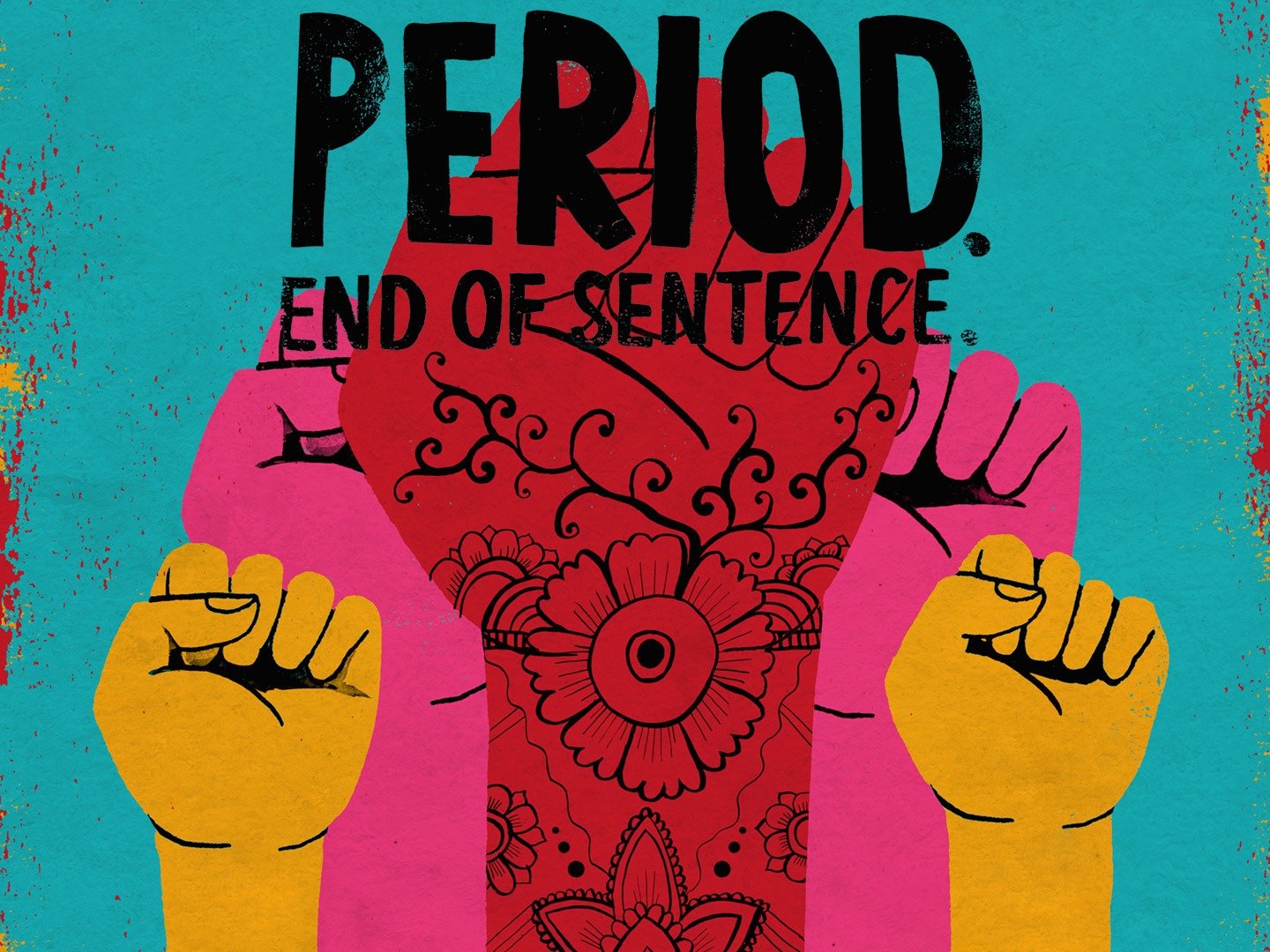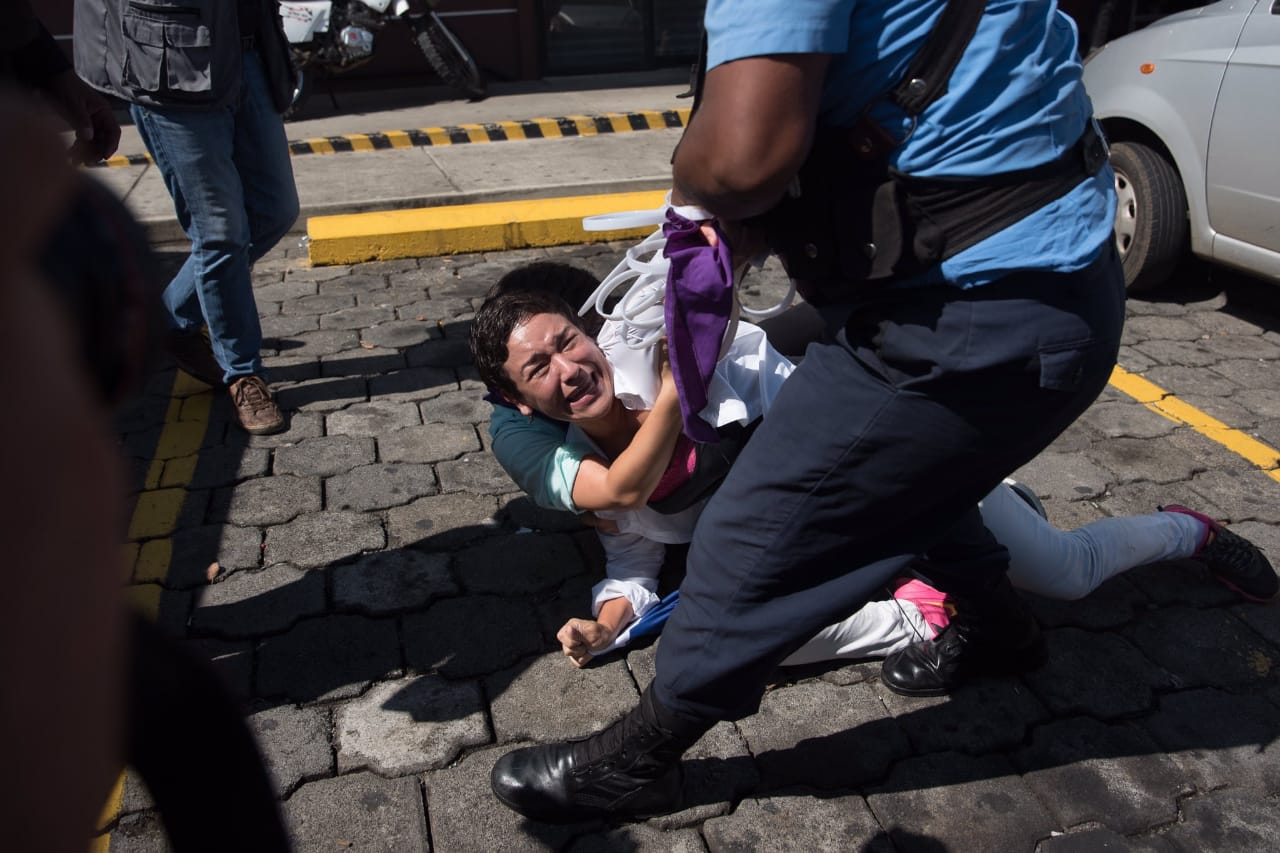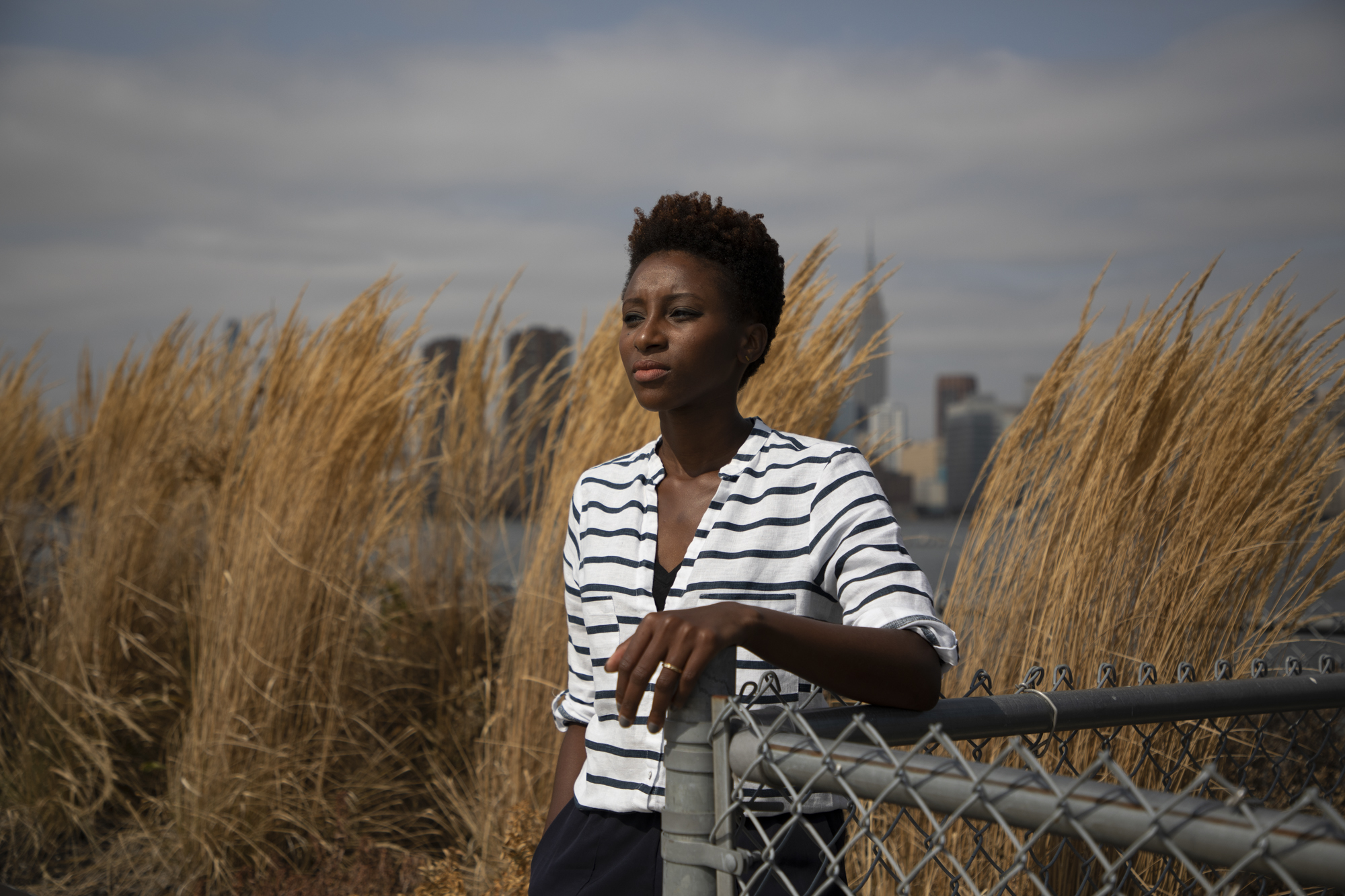
Truth, Reconciliation, and Reparations…But What About Justice? An Interview with Nana-Jo Ndow
RightsView contributor James Courtright recently sat down with Nana-Jo Ndow to discuss Gambia’s transitional justice process. For 22 years, Yahya Jammeh ruled The Gambia through widespread corruption, repression of media, torture, enforced disappearances and extrajudicial killings. He was voted out of office in December of 2016, and fled after a political impasse at the end of January 2017. At the beginning of this year the Truth, Reconciliation and Reparations Commission (TRRC) began hearing testimony in The Gambia from victims and perpetrators of Jammeh’s regime.
The interview has been edited for clarity.
Can you introduce yourself?
My name is Nana-Jo Ndow and to put it simply I like to say I’m from Ghana - Gambia – UK. My Dad was a business man, he went wherever there was opportunity.
What brought you to human rights work?
I had a father who was very into human rights and politics, so we’d always have debates and conversations. I volunteered with Amnesty International about 12 years ago in London....

